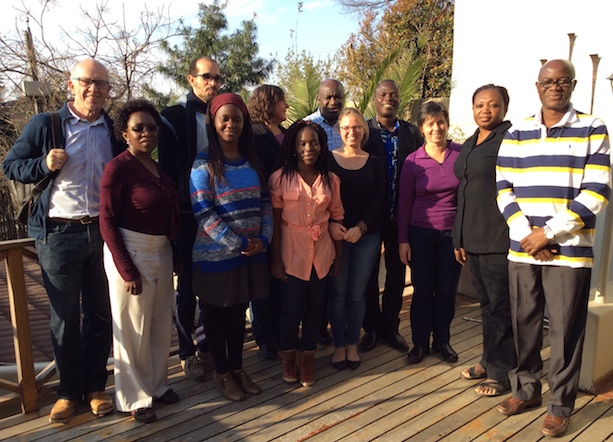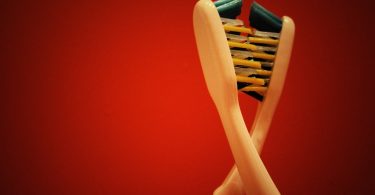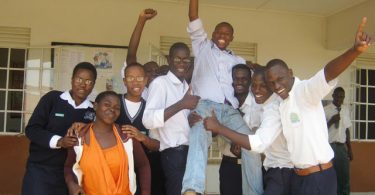In September 2013, a group of Africans huddled together at the Multimedia University of Nairobi in Kenya. Their discussion did not focus on the recent Westgate bomb attacks; instead they discussed freedom and specifically, rights and freedoms online. The collective desire was one for a walk—a long walk to ensuring Internet rights and freedoms. From this discussion the idea to develop an “African Declaration on Internet Rights and Freedoms” was born.
In February 2014, a group of organisations gathered in Johannesburg, South Africa to highlight key online rights and freedoms, as well as existing challenges—both African and global— to these rights and freedoms. Meeting participants included Internet experts, human rights experts and ordinary citizens from across Africa. The group debated those rights to be enshrined in the African Declaration and worked to develop a Draft African Declaration on Internet Rights and Freedoms. Once the draft declaration was prepared, the document was released for public consultation — the website www.africaninternetrights.org was set up to invite public comment for those voices online in Africa and around the world to add their ideas to the document, and the draft Declaration was presented at a number of events where those voices still without access to the Internet could critique the document orally.
After extensive input (including over 50 written text contributions) and many iterations of the draft, the period of public consultation is coming to an end. The African Declaration on Internet Rights and Freedom is ready. The bride is about to step out of the chambers and to begin her walk. The long walk to Internet Rights and Freedoms is beginning and not just in Africa, but across the world.
The Declaration comprises key principles, applications and calls to action. The principles do not seek to exclude but to raise urgency around online issues, including: openness; access and affordability; freedom of opinion and expression; the right to information; freedom of assembly and association; cultural and lingual diversity; the right to development; privacy; security; the right to due process; and a democratic governance framework. The applications lay out key actions that can be taken towards the realisation of these ideals. The calls to action call on a wide range of public, private, and not-for-profit stakeholders—African national governments, pan-African and African regional organisations and institutions, international organisations, media, civil society, private companies, the technical community, and academic and research institutions—to work to ensure that these rights and freedoms are respected online.
In the Declaration, everyone has a part to play. You have a part to play.
The World Wide Web Foundation, via the Web We Want campaign, is committed to the Declaration. We are not alone. Others have joined us. The Declaration has walked to the third Africa Internet Governance Forum in Abuja, Nigeria; to the Alliance for Affordable Internet national coalition workshops in Nigeria; and to the office of the United Nations Special Rapporteur on the Promotion and Protection of the Right to Freedom of Opinion and Expression. In the next weeks, the Declaration will walk to the global Internet Governance Forum in Istanbul, Turkey; to Highway Africa in Grahamstown, South Africa; to the Web We Want Festival at the Southbank Centre in London, England; and to the African Union ICT Ministerial meeting in Lusaka, Zambia.
It is your time to join the walk. We are counting on you to endorse the African Declaration in September. We are counting on you to encourage other organisations and entities the world over, who espouse the principles contained within the Declaration, to do the same. Realising these ideals will be dependent on us, and applications are needed at the state, community, company and technical levels.
The African Declaration has started the long walk to Internet rights and freedoms in Africa and across the globe. But this is only the beginning; Africans cannot complete this walk alone. Governments all over the world are invited to join. Companies are needed in this walk. The technical community cannot be overlooked, and academic and research institutions cannot be underestimated. Which African country will be the first adopt the Declaration? Who will be the champion? Who will lead the walk?




Leave a Comment